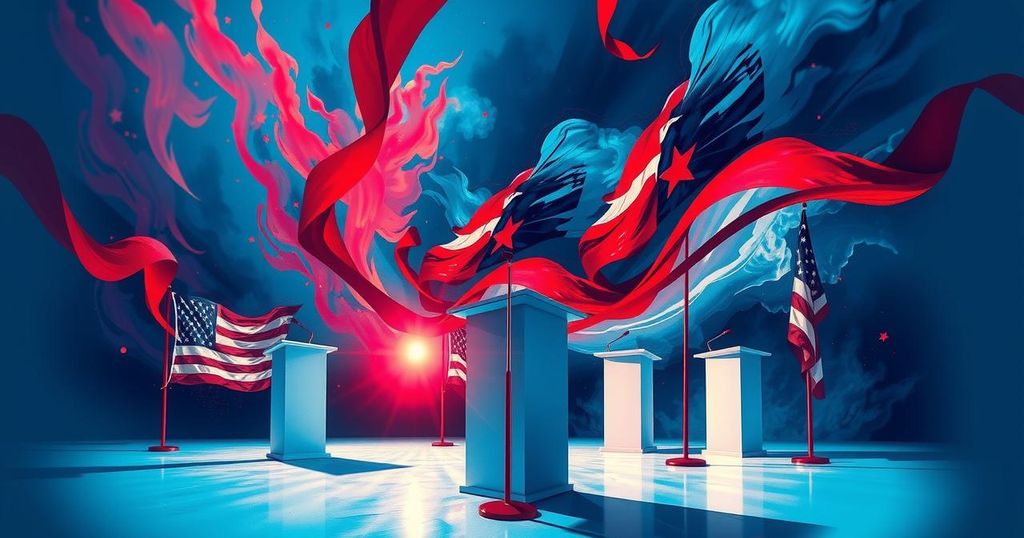Uncertainty in the Final Stretch of IOC Presidential Election

The race for the IOC presidency is reaching a crucial phase with no frontrunner among the candidates. The election will employ a secret ballot with over 100 members voting. Candidates are making final appeals as they prepare for an unpredictable outcome. Regardless of the result, the new president will face significant challenges ahead.
The election for the 10th president of the International Olympic Committee (IOC) is heading towards its conclusion, with IOC members set to vote on Thursday. The election is characterized by a lack of a clear frontrunner, making it one of the most uncertain IOC elections in recent memory. The stage is set against the picturesque Ionian Sea, marking the final gathering under the leadership of outgoing president Thomas Bach.
The elections come as candidates make their last efforts to sway IOC members, emphasizing the importance of this decision for the future trajectory of the Olympic Movement. Despite media speculation, none of the candidates hold a definitive advantage, contributing to the overall unpredictability of the race. Li Lingwei, an IOC Executive Board member from China, articulated the competitive nature of the election where candidates each possess unique strengths.
Among the candidates, David Lappartient, president of the International Cycling Union and a contender, foresees multiple rounds of voting, likening the election process to a cycling peloton where outcomes remain uncertain. Juan Antonio Samaranch Jr. highlighted the confidentiality of the votes, indicating that the true preferences of IOC members will only manifest once the ballots are cast.
With more than 100 ballots expected, the election will adhere to a secret ballot system. In the event that no candidate achieves an absolute majority in the initial round, the candidate with the lowest votes will be eliminated, thus prompting successive rounds until a winner emerges. Sebastian Coe and Kirsty Coventry, notable candidates, have chosen to refrain from media comments leading up to the election, although Coventry is recognized as the first African and only female candidate.
Prince Feisal bin Hussein expressed optimism regarding his candidacy, while candidates Johan Eliasch and Morinari Watanabe remained noncommittal, choosing to await the election results. Beyond the presidential contest, the prospective leader will face pressing challenges, including ensuring political neutrality, promoting gender equity, and adapting the movement to face digital transformation and climate change.
Martin Fourcade, a member from France, underscored the need for the new president to exhibit strong leadership qualities capable of harmonizing diverse interests and advocating for the sustainability of the Olympic Games. As the voting period approaches, discussions remain intensive, and candidates strive to connect with undecided members, indicating the historical significance of the upcoming election for the Olympic Movement.
The impending IOC presidential election exemplifies a pivotal moment within the Olympic Movement, characterized by fierce competition among candidates devoid of a clear leader. As members deliberate and cast their votes, the future of the organization will hinge on who can navigate the multifaceted challenges ahead while maintaining a commitment to the principles of fair play and sustainability. The outcome promises to mark a significant transition in Olympic leadership.
Original Source: english.news.cn







